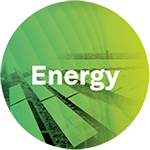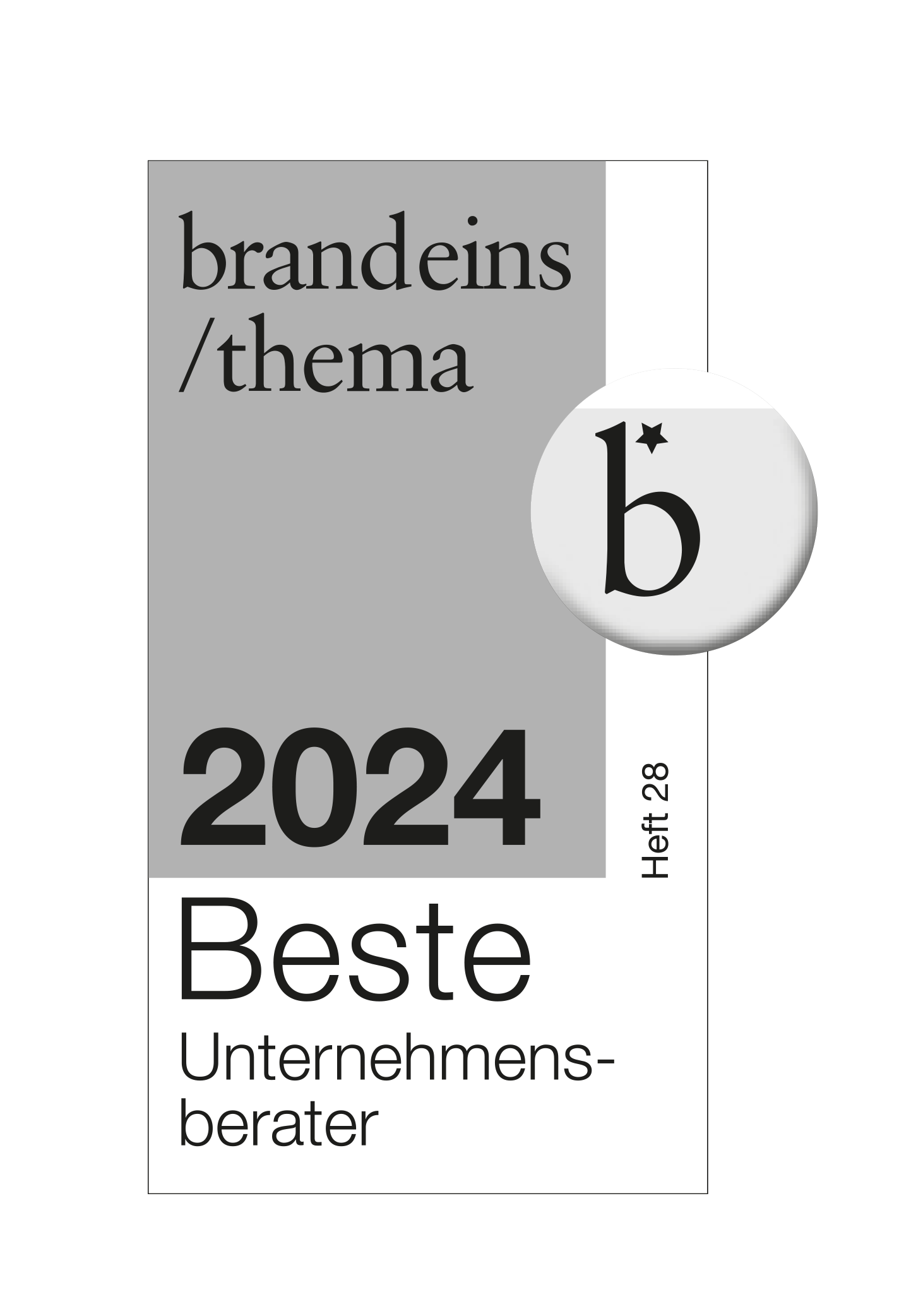Strengthening living together with data
The goal of a smart city is to increase the quality of life of its citizens and to involve them in relevant decision-making processes. Cloud-based apps and participation platforms are a prerequisite for this. They help civil society actively to engage in sustainable solutions and rethink processes. Citizens themselves provide data here, for example by collecting information on air quality with sensors on their balconies and making it (publicly) available via platforms. This provides residents, administration and politics with additional sources of information. They can make data-based decisions and take responsibility for shaping their lives. The Internet of Things (IoT), sensors and data collected and processed by artificial intelligence (AI) will increasingly support municipalities in implementing smart lifestyle goals in the future.
Do you have any questions?

Werner Achtert
Head of Public Sector
+49 69 580045 1222
werner.achtert@msg.group
Administration benefits from smart living together
The central challenge for cities and municipalities is to improve communication between the administration and citizens and to make administration services more citizen-centric. Decision-making processes – for example, with regard to approvals – become more transparent through open data. This increases trust in the actions of the administration. At state or municipal level, higher-level areas of life, such as transportation planning or urban development, are relevant. Tools, developed in the course of CivicTech, are used, for example, in the calculation of catchment areas for schools or as a daycare center finder. When it comes to the development of new neighborhoods, exchange platforms play an increasingly important role, for example, in the consultation of residents.
Energy supply is improved through smart living together
The shift from fossil fuels to renewable energies requires a decentralized energy supply controlled by a smart infrastructure. But the installation of photo-voltaic panels mainly requires space, which is becoming increasingly scarce in cities. When neighborhoods join forces and equip and network schools, gymnasiums or covered parking lots with solar panels, for example, areas of entire residential neighborhoods are optimally utilized. Mini power plants designed by home communities can also store their electricity and feed it into the public grid as needed. In addition to generating energy, these panels, equipped with sensors, record other relevant data for the municipalities, e.g. on particulate matter pollution and ozone levels.
Healthcare is solidly positioned through smart living together
Demographic change requires municipalities to create living quarters that enable active and barrier-free participation. In addition to qualitatively and quantitatively sufficient medical and nursing care, this also includes concepts that promote intergenerational, inclusive coexistence. Digital and networked services such as telemedicine or the monitoring of chronically ill patients are already providing support here. In emergencies, smartphone apps mobilize emergency responders from the neighborhood until professional help arrives. Smart traffic light controls reduce the journey times for ambulances or emergency physicians by valuable minutes.
Our solution is called koda.city
For all these innovations, data is collected in real time in the smart city, analyzed and processed with AI. In general, this data must not serve an end in itself, but exclusively for the common good. This needs a public-welfare oriented data ecosystem. Based on open interface standards, our municipal data platform koda.city provides support as a unified, secure and sovereign data space.




